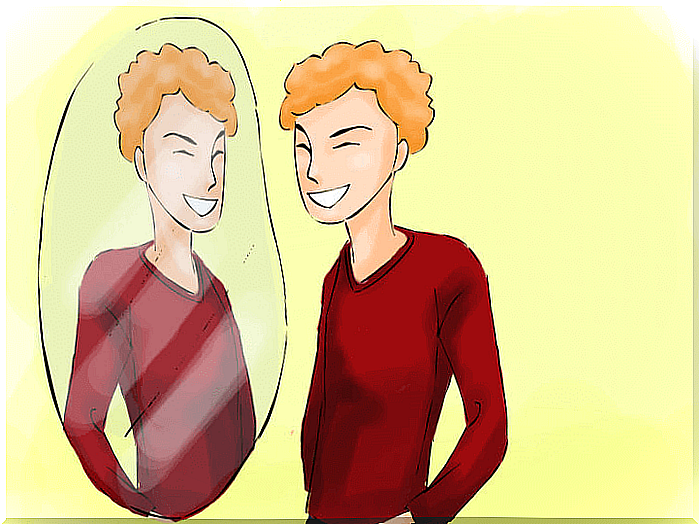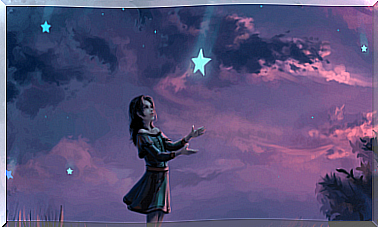Singleness Is My Reality, For Better Or Worse

If we look for the words of the famous Petronio, who said that “you can get married or stay single, but you will regret both” , no matter what we do, we will always fail. Or are we always looking for what we don’t have? The point is, for many people, singleness is a reality, whether chosen or not.
However, our way of being real is often expressed through social behavior. Even though we are great actors, our relationships with others describe us exactly as we are in front of those who know how to interpret.
Why choose singleness?
In the social world we live in, more and more people choose to be single. However, for some this is not a decision but a reality as they have not been able to find a partner. There are also those who feel indifference, and so we can continue with a huge variety of motivations regarding whether or not to have a partner, something that a few years ago was unthinkable.
The thing is, throughout our lives, we meet people of all kinds. Every day, socially, the option of being single or, at least, someone who does not find a partner does not see themselves as excluded from society, as happened some time ago, is more accepted at a social level.
For this reason, psychologist and sociologist Arturo Torres has embarked on the difficult path of making a selection of the types of singleness that exist. However, its classification is informal, but it is interesting to take a look. Who knows? Perhaps you see the reflection of your social reality.
independent singleness
Torres begins by talking about independent singles. They are those people who value their lives without the obligations they feel they would suffer if they had a partner. For these people, their time and space are very important, so they avoid intense commitments, as they see them as limiting.

self-sufficient singleness
This segment includes people whose minds don’t even think about having a partner. They are completely self-sufficient and need a high degree of isolation. Your natural state is lonely, but not in negative terms. They are simply not interested in sharing their world with other people.
isolated bachelorhood
In this case, Torres refers to those singles who, being independent and self-sufficient, would prefer to have a partner. Therefore, they do not feel isolated, but want to share and leave their lonely life. Sometimes it happens because of a lack of social habits or because of their low qualifications to learn new habits.
low self-esteem singleness
In this group, the psychologist introduces those people who yearn for a relationship but are unable to pursue it. Perhaps because of their low self-esteem, their habits or their lack of social skills, they do not consider themselves capable of being attractive. However, it is possible to work with these people to improve their thoughts, as they feel unhappy and rejected: they find themselves in a situation they don’t want to be in, but they condemn themselves.
existential singleness
A fifth group groups existential singles. They are characterized by their pessimism, so they don’t believe in love relationships. They tend to have a very cold and passionless view of the world, so they usually steer clear of intimate emotions.
The ideological singleness
Torres establishes another group, which he calls ideological bachelors. It’s unusual, and includes people who set their own lines to get to know each other. Consequently, they tend to systematically reject most candidates. These people can be considered very demanding, but if this is taken to an extreme it can lead to situations of anxiety and excessive pressure.
transitional singleness
Here we find singles who are looking for a relationship. They clearly know that they want to be with someone in the short or long term, so they look at the possibilities and try to analyze the candidates. As such, their state is one of transition: they have ended a relationship and will probably soon start a new one.
singleness by learning
Finally, Arturo Torres speaks of singleness through learning. These are people who run away from having a relationship because their previous experiences were negative. Thus, most of these people elaborate a discourse into which they fit their memories and in which they reflect what, for them, are the causes of their current situation. The traumatic memory creates in them an almost irrational rejection of entering a relationship, which can lead to philophobia (phobia or irrational fear of falling in love).

We live in a world where we tend to label everything in order to understand. So it is not strange that we identify singleness according to its conditions and concrete details. So, despite being an informal classification, it seems a very complex job. So if we look back or look at our current situation, we may find ourselves reflected in one or several groups. It’s already happened to me. And with you?
WikiHow Images.









